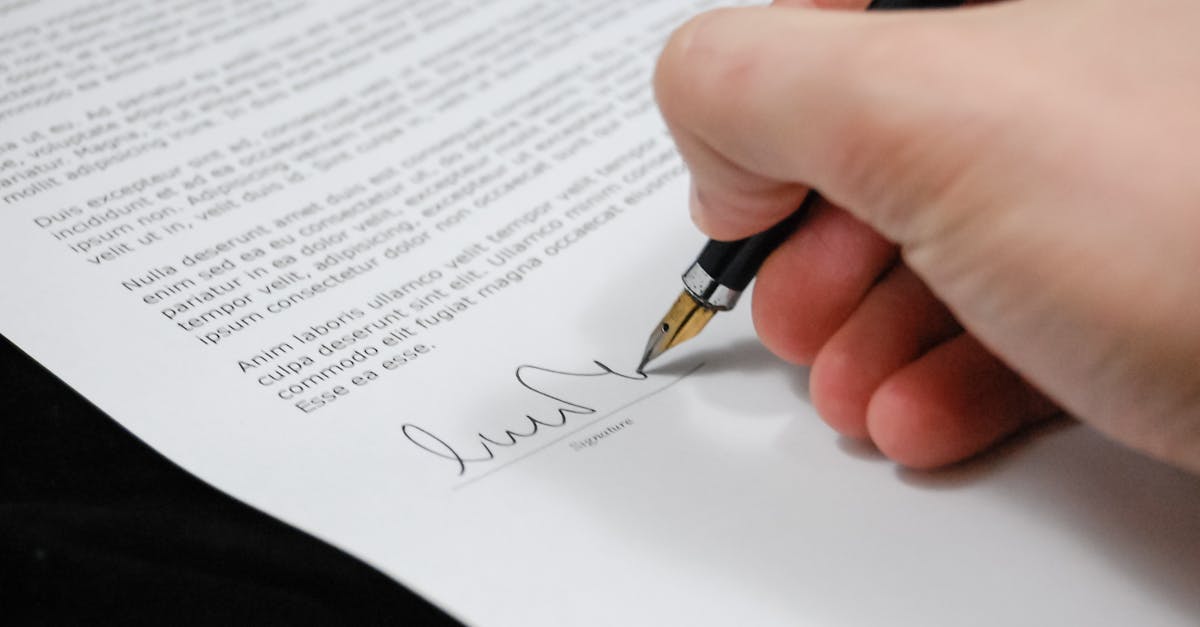
Investigating legal matters
Markhoff and Mittman - Newburgh offers a comprehensive service of investigating legal matters to help clients navigate complex legal issues. Our experienced team of lawyers conducts thorough research and analysis to gather relevant evidence, assess the strengths and weaknesses of a case, and develop a strategic legal approach. Whether it's investigating a personal injury claim, a criminal defense case, or a business dispute, we are committed to providing top-notch legal representation and achieving the best possible outcome for our clients. With Markhoff and Mittman - Newburgh, you can trust that your legal matters are in capable hands.
Corporate Litigation Support
Corporate litigation support plays a crucial role in providing legal services to corporate clients embroiled in legal disputes. This service involves a comprehensive array of tasks, from legal research and document analysis to crafting persuasive legal arguments and briefs. Lawyers specializing in corporate litigation support possess the expertise to navigate complex legal matters, including disputes over contracts, intellectual property rights, and regulatory compliance issues. By leveraging their knowledge of the law and understanding of court proceedings, they offer invaluable assistance to corporate clients seeking resolution in the legal realm.
In addition to traditional legal tools such as Westlaw and LexisNexis, corporate litigation support professionals may also utilize advanced technologies such as artificial intelligence (AI) tools to streamline their research processes and enhance their efficiency. Moreover, collaborating with private investigators can provide valuable insight and evidence that strengthens a client's case. By combining these resources and strategies, legal practitioners can effectively represent corporate clients in legal proceedings, ensuring that their rights are upheld and their interests protected.
Providing Legal Services to Corporate Clients
Providing legal services to corporate clients requires a keen understanding of the business world and the intricate legal landscape that governs it. Corporate lawyers must be well-versed in a wide array of legal subjects, including but not limited to taxation, commercial law, intellectual property, and employment law. These professionals must not only have a solid grasp of current legislation and case law but also possess the ability to anticipate and mitigate potential risks for their corporate clients.
Corporate clients often seek legal counsel to navigate complex regulatory frameworks, negotiate contracts, handle mergers and acquisitions, and address potential litigation matters. Lawyers working with corporate clients must be able to provide strategic advice, draft legal documents, and represent their clients in court if necessary. Furthermore, maintaining open lines of communication and building strong relationships with corporate executives is crucial for ensuring that legal counsel aligns with the overall business strategy and objectives of the company.
Investigative Agencies and Services
Investigative agencies and services play a vital role in the legal field, providing crucial information for cases ranging from criminal proceedings to civil disputes. These agencies specialize in conducting thorough background investigations, collecting evidence, and uncovering important details that can significantly impact the outcome of a legal matter. With a keen eye for detail and extensive experience in investigative techniques, these agencies assist lawyers in building strong cases based on solid evidence and facts. Whether it's gathering witness statements, analyzing financial records, or conducting surveillance, investigative agencies are instrumental in helping legal professionals navigate complex matters within the legal system.
Furthermore, the use of private investigators for legal matters has become increasingly popular due to their expertise in uncovering crucial information that can make or break a case. Private investigators utilize a variety of tools and techniques, including surveillance, forensic analysis, and witness interviews, to gather evidence that can support legal arguments in court. By employing their specialized skills and resources, private investigators assist lawyers in presenting a comprehensive and well-supported case before judges and juries. Their ability to uncover key details and provide valuable insights can be invaluable in achieving successful outcomes for clients in a wide range of legal proceedings.
Utilizing Private Investigators for Legal Matters
Private investigators play a crucial role in supporting legal matters by conducting thorough research and gathering evidence that can be instrumental in building a strong case. Their expertise in uncovering facts, locating witnesses, and conducting background checks can provide lawyers with valuable information to bolster their arguments and strengthen their clients' positions in court. By utilizing the services of private investigators, legal practitioners can enhance their ability to navigate through complex legal issues and increase the chances of achieving a favorable outcome for their clients.
Furthermore, private investigators can assist in uncovering critical information that may not be easily accessible through other means. Whether it involves locating potential expert witnesses, gathering evidence for a lawsuit, or conducting forensic analyses, private investigators can offer a unique skill set that complements the legal expertise of attorneys. Their work can help legal practitioners in building solid cases, securing injunctive relief, or even resolving disputes through mediation. By collaborating with private investigators, lawyers can leverage their specialized knowledge and resources to ensure the procedural fairness and effectiveness of their legal strategies.
Legal Briefs and Case Law
Legal briefs play a crucial role in the American legal system. These documents are essential for presenting persuasive legal arguments before a court of law. Crafting a well-written brief requires a deep understanding of case law, statutory provisions, and legal theories. Through meticulous research, lawyers can compile solid arguments supported by relevant precedents to strengthen their client's position. By citing specific cases and applying legal principles to the unique facts of a case, attorneys aim to persuade judges and juries of the merits of their client's claims.
Furthermore, legal briefs are indispensable tools for guiding judges in their decision-making process. Effective advocacy through written submissions can significantly influence the outcome of a case. Attorneys often spend considerable time drafting and revising briefs to ensure clarity, coherence, and persuasiveness. By presenting a logically organized argument supported by sound legal reasoning, lawyers seek to sway the court towards ruling in favor of their client. In the adversarial legal system, where each party advocates for their interests, well-crafted legal briefs are instrumental in shaping the course of litigation and securing favorable outcomes for clients.
Crafting Persuasive Legal Arguments and Briefs
Crafting persuasive legal arguments and briefs is a crucial skill for lawyers aiming to present a strong case on behalf of their clients. By meticulously analyzing case law, relevant statutes, and previous adjudications, legal professionals can construct compelling arguments grounded in legal precedent. Crafting persuasive legal briefs involves a thorough evaluation of the facts at hand and skillfully presenting them in a coherent and convincing manner to support the client's position. The ability to draft clear and concise legal briefs is essential in ensuring that the judge or jury comprehends the key points of the case and is persuaded to rule in favor of the client.
Moreover, incorporating thorough research and legal analysis into the crafting of legal arguments can greatly enhance the persuasiveness of a brief. By utilizing precise legal language, citing relevant authorities, and structuring the argument logically, attorneys can effectively convey the strength of their client's position. Furthermore, crafting persuasive legal arguments often involves anticipating and addressing potential counterarguments or weaknesses in the client's case to bolster the overall argument's credibility and persuasiveness. Through meticulous attention to detail and strategic argumentation, lawyers can construct compelling legal briefs that effectively advocate for their clients' interests in various legal matters.
FAQS
What is corporate litigation support?
Corporate litigation support involves providing legal assistance and guidance to corporations involved in legal disputes or lawsuits.
How can legal services benefit corporate clients?
Legal services can benefit corporate clients by providing them with expert advice on legal matters, helping them navigate complex legal issues, and representing their interests in legal proceedings.
What role do investigative agencies and services play in legal matters?
Investigative agencies and services play a crucial role in legal matters by conducting investigations, gathering evidence, and providing valuable information to support legal cases.
How can private investigators be utilized for legal matters?
Private investigators can be utilized for legal matters to conduct surveillance, gather intelligence, and uncover crucial information that can strengthen legal cases.
What is the importance of crafting persuasive legal arguments and briefs?
Crafting persuasive legal arguments and briefs is crucial in presenting a compelling case in court, persuading judges or juries, and ultimately achieving a favorable outcome for clients.
